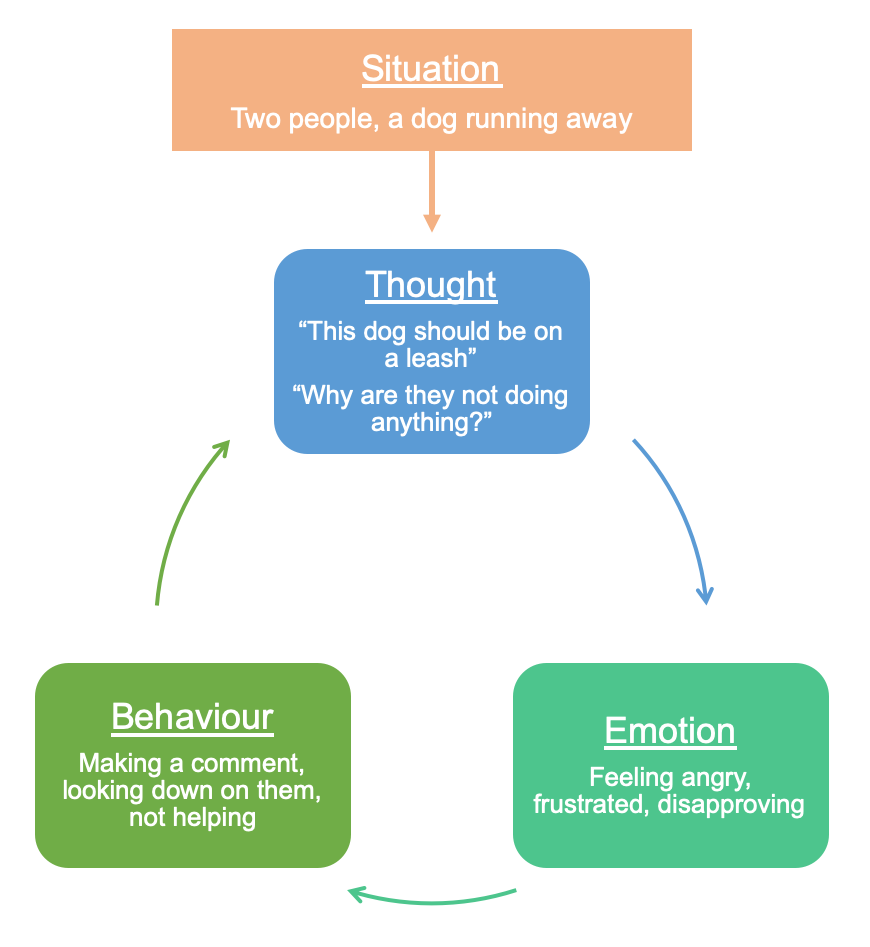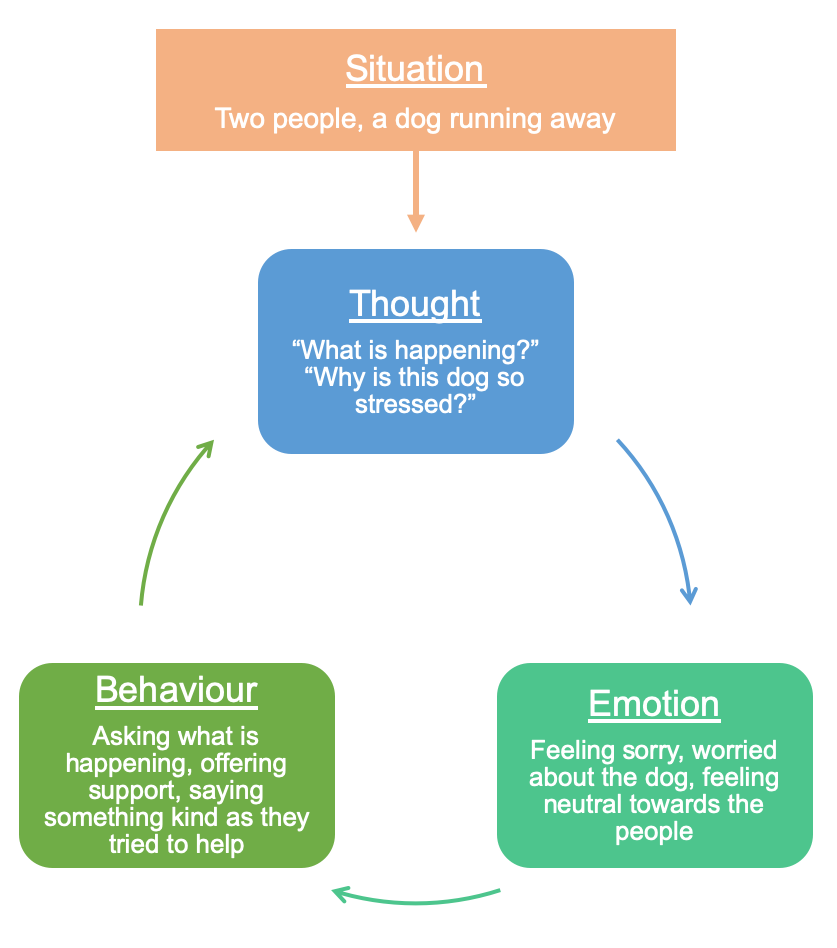As a coach, I see the image that people can give to the outside world, and I also see the one that they keep for themselves. You might be the most authentic person to have ever lived, with the most close-knit community around you, and still keep things from them that you don’t feel like sharing. That’s why coaches and therapists are so incredibly important – you can unburden yourself by letting it out completely without fearing an impact on the relationships you have in your life.
This huge gap between who we are and who others think we are prompted me to write this post. If we don’t really know the people in our lives, imagine how little we know the people we have never met. Yet, we allow ourselves to judge them based on what we see. And the effect it has on our own emotional and mental well-being is tremendous.
A personal story
Before getting into the dos and don’ts, I want to share with you a story that happened to me a few years ago and that radically opened my eyes to the quick and wrong judgement we can do despite having very little information on what’s really happening.
One evening I was taking a stroll by the sea with my boyfriend. It is more like a bay with a small island in the middle, which I would say is about 300 meters from the shore where we were walking. When the tide is low, you could almost walk there. So we were walking at dusk when we saw something moving in the water. It was big white Labrador swimming from the island. There was no one around. It was getting dark. The dog was clearly lost. She managed to come up on the sidewalk. She was very cold and wet, and quite agitated. She came towards us and when I tried to gently grab her to see the phone number on her collar, she freaked out and started running as fast as possible.
On that sidewalk two women were walking in our direction. They must have been quite scared of the dog running towards them (who wouldn’t be?). The dog passed them and continued running until we couldn’t see her anymore. But when these two women arrived at our level, they made a comment that I did not hear because I was too worried for the dog. My boyfriend told me when we got home that they were very annoyed, and made a reproachful remark that we should have put our dog on a leash.
That wasn’t our dog. So we didn’t have a leash. We were trying to help a lost animal get home safely.
Here is what happened:
- These two women saw a situation: two people and a dog – and attached a meaning to it: these people own the dog.
- They then thought: “why are they not putting their dog on a leash” but it could have also been “people are so irresponsible”, “why are they not doing anything”, etc.
- The emotional response to that thought is anger, being frustrated and annoyed, disapproving.
- The consequence of these negative emotions was a change in behaviour: the comment they made, their negative attitude, the fact that they didn’t help us.
- Their behavioural reaction confirms and fuels their initial thoughts and feelings because they didn’t do anything to change those (e.g. asking us what is going on).
And there you have it, the endless cycle of negative thoughts, emotions, and behaviours, started by a quick (and wrong) perception of a given situation.

What could have happened if a less judgemental person had witnessed the situation? This kind of cycle:

You can see how for the exact same situation, the way we are going to perceive it will dramatically change how we respond to it.
How to not judge (or judge less)
In this section I want to offer some tips I have learned with this experience, but also through the people I have coached over the years.
The number 1 advice I follow and give is:
Always keep in mind that thoughts are not facts
What you think is happening and what is really happening can be quite different, especially if you are not directly involved. In the story I shared, it was even the opposite: they thought we owned the dog, while in reality we didn’t. They probably thought we were jerks, while in reality we were trying to help.
We all perceive reality in a different way because that is how our mind works: we make shortcuts based on past experiences, on our opinions, values and personality traits. These shortcuts can be useful in common situations, but in others they can lead us to errors and mistakes.
We don’t always have all the information
We sometimes lack crucial information that would make us read a situation in a way that’s closer to reality, particularly if we witness the situation rather than being a participant. If you see someone doing something that you disapprove, remember that there are so many things you don’t know, including:
- Their past experiences and education
- Their personality traits and values
- Their current situation
- The way they feel in that very moment and what’s causing that
- What they know, what they think and what they were told
- Sometimes, you don’t even know their name
Check in with yourself
At any given time, when you feel like judgement is arising, or if you realised afterwards that you judged something or someone, do a mindful check-in to identify:
- What was the situation? (facts)
- How did you perceive it? (thoughts)
- How did that make you feel? (emotions)
- What did you do? (behaviours)
Then ask yourself: what facts am I not aware of? How else could I have perceived the situation? How would it have impacted my emotions and behaviours?
> Read More: 10 Powerful Habits Of Mindful People
Don’t judge yourself too harshly
Judgement happens. We all do it. What most of us don’t do is managing it and trying to improve it. Be kind to yourself as you learn to judge less. It’s about changing thinking patterns, and like any habit, it takes time and patience to feel natural.

